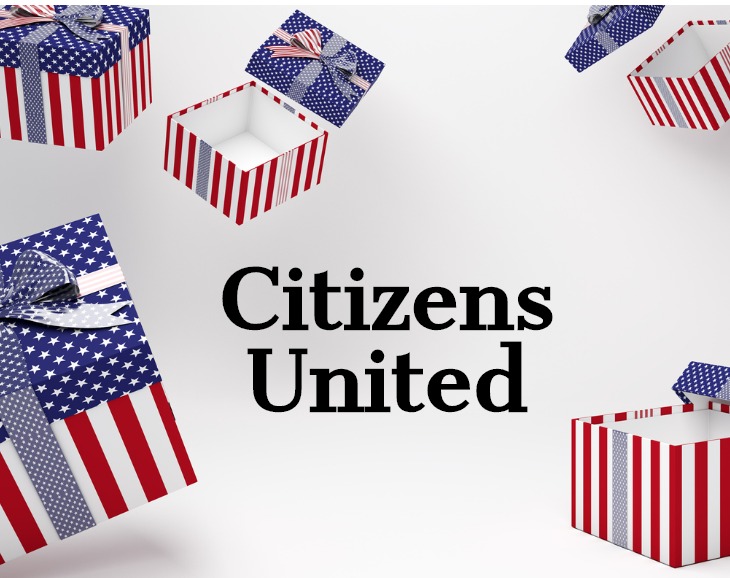Citizens United Turns Ten
January 23, 2020
With Citizens United reaching double digits this week, now is an opportune time review the landmark case’s impact on campaign-finance law.
When the decision was first issued, many thought we would witness a rise in independent corporate spending in elections. However, a decade later it seems that corporations are still hesitant to spend their own funds on political messaging. The concern often relates to reputational risk, isolation of customers/clients and the permissible use of corporate funds as set forth in a corporation’s governing documents.
Despite the fact that we have not witnessed a surge in direct corporate spending as a result of Citizens United, we have witnessed a proliferation of outside groups spending money independently in connection with elections. We have also witnessed an increased interest in politics in the sense that, even if corporations are not spending their money in connection with elections, their shareholders, officers, directors and employees are most likely discussing politics on a more regular basis at work and are potentially making personal political contributions at a greater rate.
In honor of Citizens United turning 10, here are ten key considerations that corporations need to keep in mind:
- Corporations may make unlimited independent expenditures in connection with federal elections (independent expenditures cannot be coordinated with a candidate, his/her campaign or his/her agents).
- Corporations still may not make direct or in-kind contributions in connection with federal elections.
- Even though federal campaign-finance law prohibits corporate contributions, many states allow corporations to make direct and in-kind contributions in connection with state and local elections.
- A corporation may form a connected federal Political Action Committee (“PAC”) and provide administrative support to that PAC with corporate funds.
- Corporations that hold federal government contracts should stay away from making independent expenditures and contributing to federal independent expenditure only committees (aka Super PACs).
- Corporations that choose to make independent expenditures are required to disclose and report their activities to the Federal Election Commission (or a state election commission depending on where the corporation is active).
- Super PACs are required to disclose the contributions they receive and the expenditures they make.
- Corporations may not reimburse anyone for their political activity – this includes direct reimbursement, increases in salary and bonuses.
- Corporations may not reward (or penalize) officers, directors, shareholders and employees for their lawful personal political activity.
- Political contributions by a corporation (where permissible) or by the corporation’s officers, shareholders, directors and employees may have an impact on the corporation’s eligibility for government contracts.
Given the current political climate and the upcoming Presidential election, now is the time to make sure that your corporation has a Political Activity Policy in place. The Policy should focus on the “Dos and Don’ts” of political activity and should include a robust vetting procedure to ensure that your company and all associated individuals are complying with the law. Corporations must remember that engaging in political activity without a compliance plan in place is all fun and games until your corporation’s reputation gets hurt!
Tags: Genova Burns LLC • Rebecca Moll Freed • Corporate Political Activity • Citizens United • PAC • FEC

